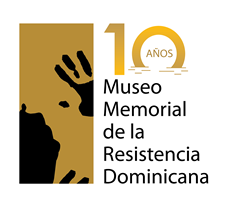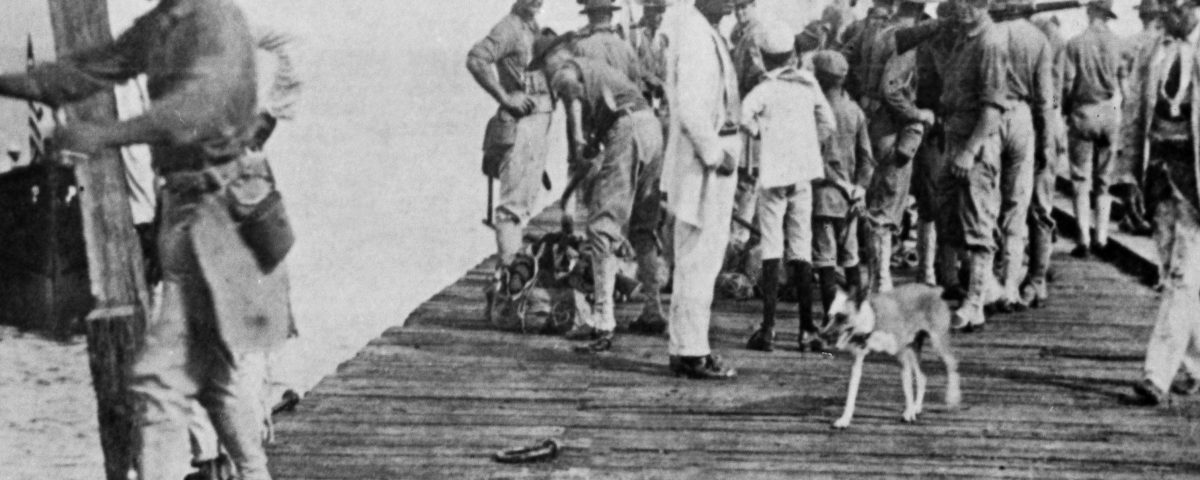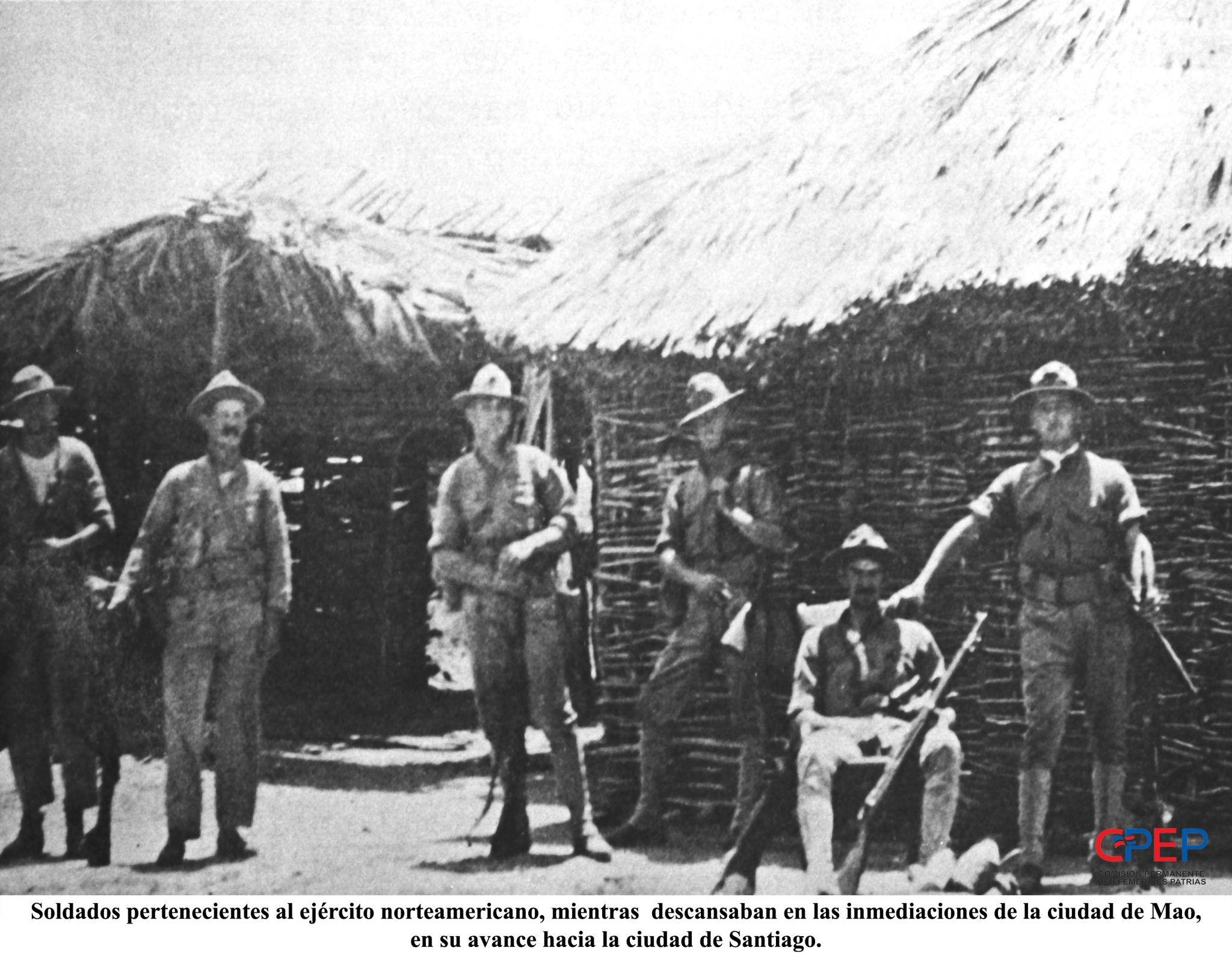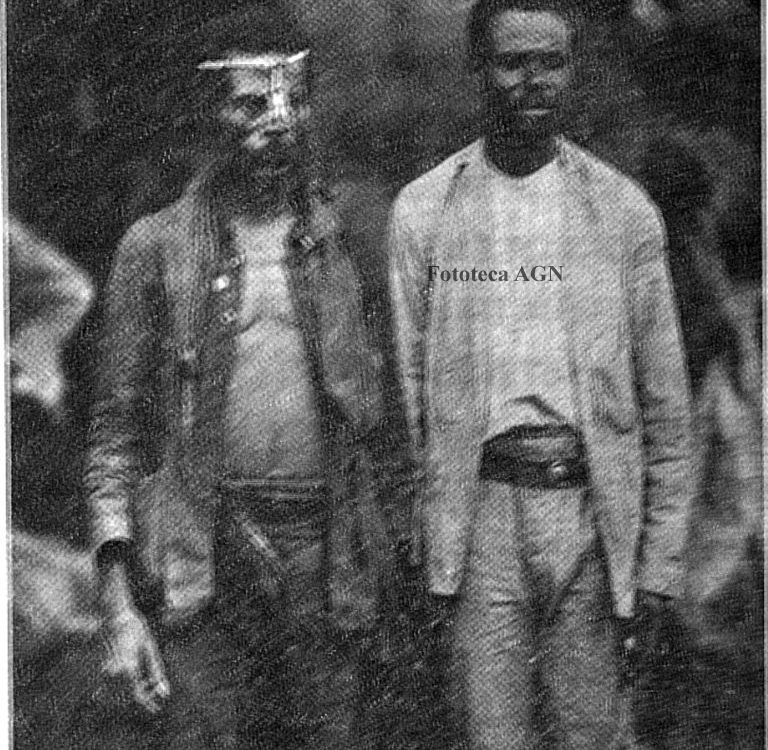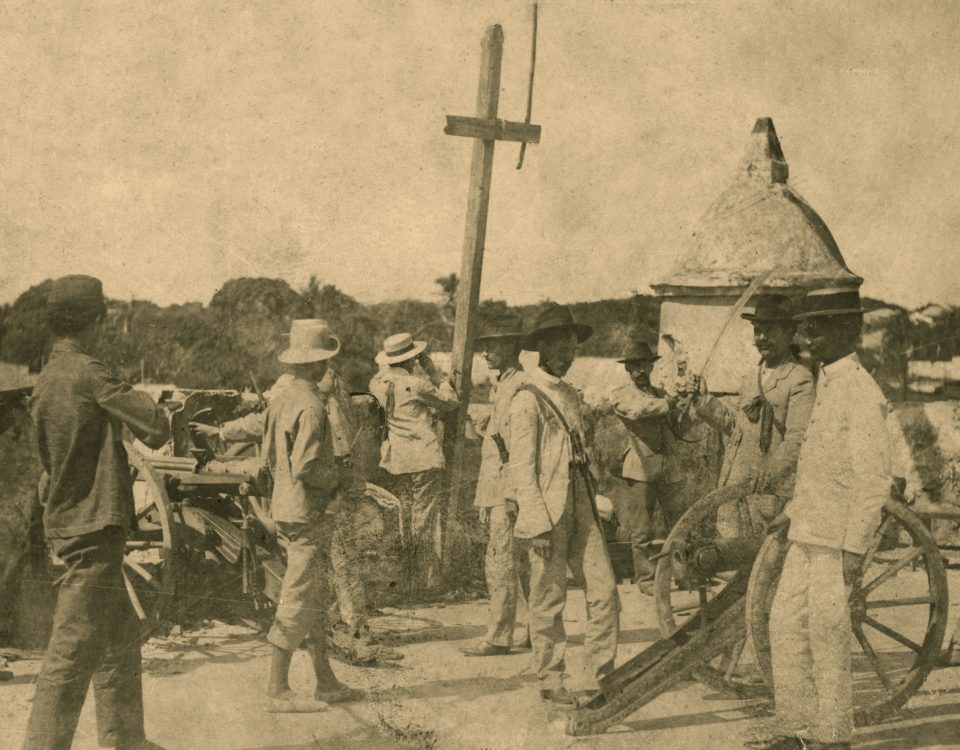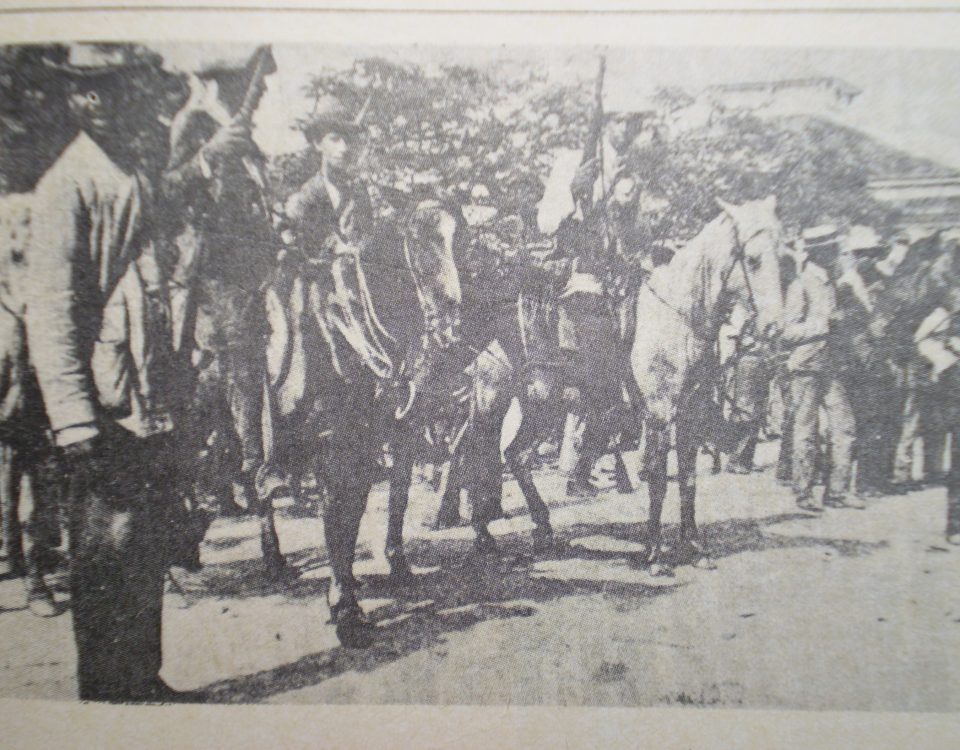2nd U.S. Military Intervention

Events Before Trujillo's Ditactorship
February 18, 2017
U.S. Military Dictatorship.1916/1924
February 19, 2017The United States entered a first phase of acute competition with England, Germany and France for the domination of our continent, attacking with an onslaught of its capitals in Central America and the Caribbean.
This American expansionist stage entered a process of acceleration as the European bellicose drums announced the beginning of World War I, a conflict that involved the great powers of the old continent in the most catastrophic and bloody war experience ever recorded in the world, whose underlying motive was to achieve a new distribution of the riches of the colonial and neo-colonial world.
The First World War, due to its immediate consequences on European agricultural production, particularly the devastation suffered by sugar beet crops, the raw material of sugar production, turned the Antilles, and particularly the Dominican Republic and its fertile plains suitable for sugar cane cultivation, into an invaluable prey for American capitalists, who had already begun their incursions into these businesses at the beginning of the 19th century with the purchase and foundation of several sugar mills.
.Although this was a key motive for the military intervention, it should be noted that the large debt that several Dominican governments had contracted since the end of the 19th century with important financial companies of that country, and the Dominican-American Convention signed in 1907 during the Caceres regime, an agreement that handed over the administration of our customs to the U.S. government, to guarantee the payment of that debt, also contributed to facilitate the military intervention. The political conflict unleashed in April 1916 between the President of the Republic, Juan Isidro Jimenes, on the one hand, and on the other, the Minister of War, Desiderio Arias, who won the support of the Congress of the Republic, also facilitated the way for this intervention, creating a situation that threatened the destitution of the President and the appearance of armed clashes.
This conflict served as an excuse to send five U.S. warships to the port of Santo Domingo in May of that same year, and others that followed to the ports of San Pedro de Macoris, Puerto Plata and Montecristi, supposedly to support President Jimenes.
The president rejected the support offered by the Americans and resigned in order to prevent an armed confrontation, as he said in a farewell speech, from serving as a pretext for the United States to occupy the country militarily.
The Congress of the Republic soon after, appointed an interim president, Dr. Francisco Henríquez y Carvajal, but the foreign troops that already occupied the main administrative offices, in addition to the customs, the main source of government income, demanded from the new president the total financial control of the nation and the control of the armed forces that would be commanded by North American officers; a demand that Dr. Henríquez rejected.
Dr. Henriquez's rejection of the U.S. proposal was answered with a proclamation signed by Captain H. S. Knapp, commander of the Atlantic cruiser force, placing the Dominican Republic in a “state of military occupation”, subject to a military government and to the “army of military law”.
Captain Knapp's proclamation justified the military occupation due to alleged violations of the 1907 Dominican-American Convention, the climate of confrontation created between President Jimenes and his Minister of War, Desiderio Arias, which, according to the document, disturbed “domestic tranquility”, claiming the right to “guarantee the maintenance of peace”.
In that order, the proclamation stated: “This military occupation is not undertaken with any purpose, either immediately or subsequently, to destroy the sovereignty of the Dominican Republic, but on the contrary, it is the intention to help this country to return to a condition of internal order, which will enable it to comply with the provisions of the aforementioned Convention, and with the obligations, which correspond to it as a member of a family of nations”.
